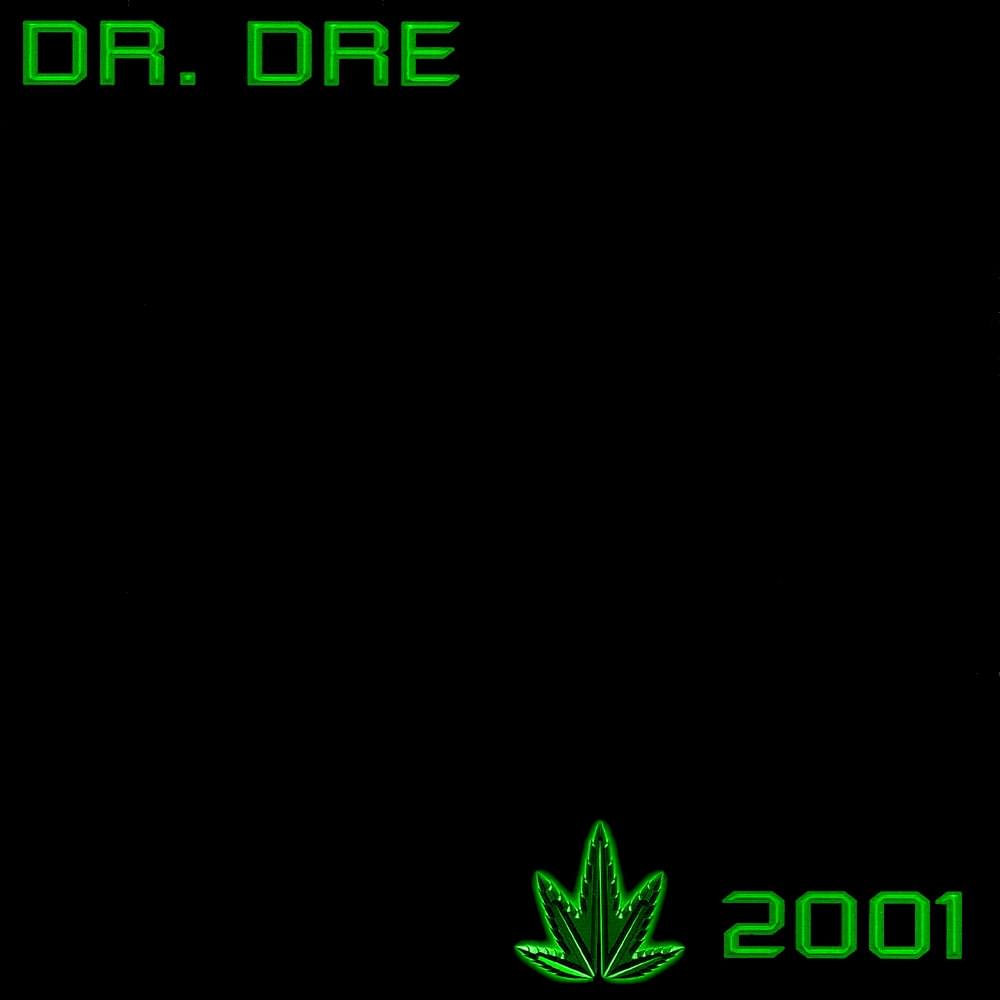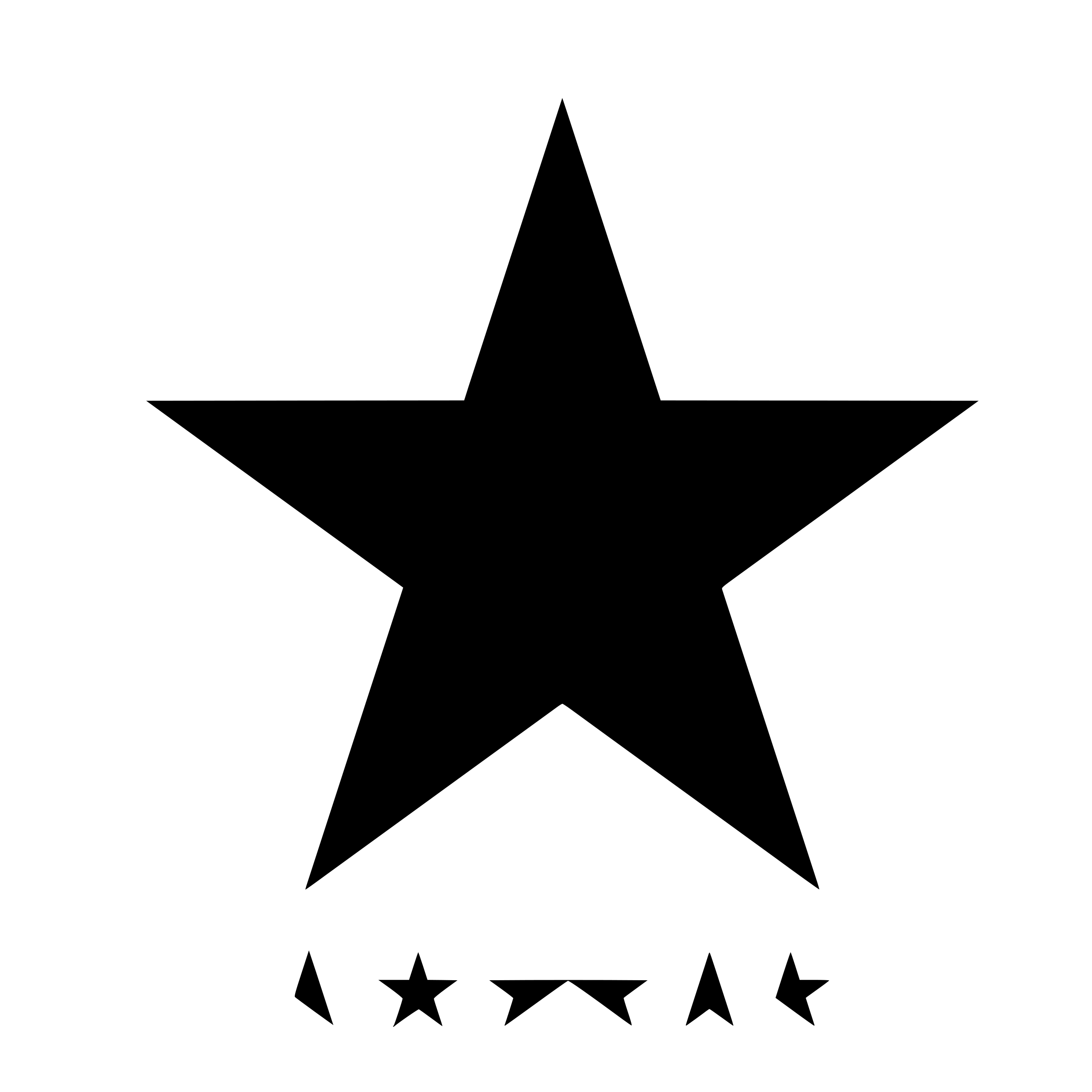In the fall of 1999, Dr. Dre was thinking about putting on a musical. On the eve of the release of his sophomore album 2001, Dre was talking to the New York Times' Jon Pareles. He was thinking out loud, imagining how his own greatest hits could be adapted into a big-money stage play: "For instance, an undercover cop gets killed on stage, and then me and Snoop would come out and do 'Deep Cover.' It could work."
It didn't happen. But nine months later, the tour that Dre mounted wasn't that different. In the late summer of 2000, Dre embarked on the Up In Smoke Tour, the most elaborate traveling rap show that had ever been mounted. Dre brought along his most famous collaborators, old and new. Some of them were opening acts: Warren G, Eminem, Ice Cube. Others were there to assist with Dre's own set: Nate Dogg, Kurupt, old partner Snoop Dogg.
But it wasn't just the cast that made the Up In Smoke tour special. Dre brought the theatrics. A low-rider bounced across the stage at one point. At another, a giant skull descended from the rafters, shooting lasers from its eyes, laughing, telling the crowd to roll the weed up. When the lights first went down for the headliners, after a short and violent movie, Dre and Snoop came strutting out the door of an onstage liquor store while the dramatic fanfare of "The Next Episode" boomed from arena speakers.
The theatrics made sense. Dre was acting. He'd always been acting. In 1988, Dre had rapped the words, "I don't smoke weed or cess." Four years later, he released The Chronic, the album that made his weed-leaf icon as omnipresent as the Yankees' logo or the outline of Mickey Mouse's head. In real life, Dre could be a violent person -- he's got a well-documented history of hurting women -- but he was never anything like the dead-eyed murderer he sometimes portrayed. And when Dre broke away from the genuinely dangerous associates at Death Row Records, the label he'd co-founded, he attempted to leave all that behind him.
"Been There, Done That," the single that Dre released in 1996, is a fascinating little time capsule in the career of an American music icon. Taking a catchphrase from a Mountain Dew extreme-sports commercial, Dre grumpily huffs about the peers who "talk that hard bullshit cuz that's all they worth." Dre has other things on his mind. He wants to tell you, for instance, about the deal he got on his mansion: "Got a palace in the Hills overlooking the sea / It's worth eight, but I only paid 5.3." The video is a lavish affair, full of palm trees and corner offices and helicopters. Dre and his wife dance a tango at a penthouse party full of people dancing the exact same tango. As the video ends, it turns out to be a dream. Dre is still broke and bummy, still living in Compton. But we, the viewers, know that Dre isn't going to wake up broke anymore than he's going to dance a tango.
"Been There, Done That" bricked. Dre released the song barely a month after his old Death Row associate Tupac Shakur had been gunned down in Las Vegas. In that moment, nobody wanted to hear Dre talking bored, triumphant mogul shit. It's not like Dre was using the song to talk about wisdom, to discuss life lessons. Instead, he was just talking about how much money he had, how he couldn't be bothered with all the shit he'd previously rapped about. (In a weird way, it's one of the most genuine songs Dre ever made.) A few years later, Dre was on his young charge Eminem's song "Guilty Conscience," making fun of his own halfhearted venture into respectability: "Been there, done that / Fuck am I saying?"
Largely thanks to Dre's cosign and the credibility that it conferred, Eminem had immediately become a major game-changer of a star. But Eminem had changed Dre's fortunes, too, proving that there was something behind the boardroom image Dre had cultivated and showing that he could continue to thrive after Death Row's era ended. Dre's own comeback followed shortly thereafter. Dre hadn't made an album since The Chronic, the 1992 masterwork that had introduced a whole new cast of comic-book figures and proven the commercial viability of cinematic, nihilistic West Coast street-rap.
Dre wanted to call his new album The Chronic 2000, but old Death Row crony Suge Knight, spiteful as ever, rushed out a compilation called Chronic 2000, then threatened legal action against Dre. So Dre had to call his album 2001 even though it came out in 1999. That's not the album's only concession. On 2001, Dre leaves "Been There, Done That" behind completely, going straight back to the guns and orgies that he'd been talking about seven years earlier.
Dre had always used ghostwriters. On 2001, he used only the best: Nas, Jay-Z, Eminem, the D.O.C. There's a fascinating disconnect at work on the album: A 34-year-old rich guy talking the knucklehead shit that only barely interested him, making the calculation that this was the version of him that the world wanted to hear. He sounds bored on 2001, but he always sounded bored, and he always made that sound cool. Dre's rap voice, an authoritative and detached Cali drawl, had always been one of his secret weapons. And that's how he managed to sell this idea of himself as an amoral fuck-monster, even as he was living a very different life.
Using words written for him by other rappers, Dre almost plays a cartoon version of himself on 2001: "I’m hitting switches, making bitches eat bitches / See me grab my dick every time I pose for pictures." There are orgies. There are bombings. There are way too many pointless skits. Dre even indulges in some of these newfangled drugs that you kids are trying: "I just took some ecstasy / Ain't no telling what the side effects could be." (But then he tells us what the side effects are: "All these bad bitches equal sex to me.") In that Times profile, Dre offers the readymade explanation that his wife wanted to hear him get hardcore again and that it's all just meaningless entertainment anyway: "Any person that listens to these records and wants to imitate them is an idiot, unless they just want to imitate the fact that it's a good record. You shouldn't take it too seriously."
There are moments on 2001 where Dre nods toward maturity and toward the heartbreaks that come with age. He eulogizes his former N.W.A colleague and adversary Eazy-E at one point and his late brother at another. He talks grown-up talk, though he does it in the context of potential beef: "If you really wanna take it there, we can / Just remember that you fucking with a family man." And more than anything, he grouses about the perceived disrespect of his own legacy. He has help there. 2001 is full of guests who make declamations about Dre's own greatness, none of them more enthusiastically than a grateful Eminem: "Wanna resolve things in a bloodier way? / Then study a tape of N.W.A."
But what really matters to Dre is the music. That's what always mattered to him. Dre, a Phil Spector-level perfectionist, had already achieved his vision of a rap album that could play like a Michael Jackson record, or like a blockbuster movie. And on the follow-up to The Chronic, he introduced a new sound. The Chronic was less reliant on samples, more built around clean lines and slick textures. Dre used studio musicians whose styles complimented him: Former Roots sideman and future hitmaker Scott Storch, bassist and future Fiona Apple producer Mike Elizondo. And he deployed the army of guest-voices with a film director's sensibility.
2001 is too long, and it's so heavy on knee-jerk misogyny that it becomes numbing. There are too many verses from relatively unspectacular rappers like Hittman and Knoc-turn'al. And yet the star turns are thrilling: Snoop Dogg's "dadadadada" on "The Next Episode," Eminem's indignant yammer on "Forgot About Dre," Mary J. Blige's heart-wrecked histrionics on "The Message." And everytime the late Nate Dogg opens his mouth to let loose with slick, expressionless ignorance, he sounds like a million bucks. Nate Dogg's "Next Episode" outro is practically folk music now. It's part of our heritage.
2001 debuted at #2, back in the high CD era when you could sell 500,000 copies in your first week and still only debut at #2. (It came in behind Korn's Issues, which is weird to think about.) 2001 eventually sold close to eight million copies in the US alone. But those numbers don't really quantify its impact. 2001 was everywhere. At college parties, people would just throw the entire album on, skits and all, and let it ride. You could hear the high-pitched "Still D.R.E." pianos playing out of cars from blocks away. The New Jersey R&B trio City High basically quoted the entire "Next Episode" outro on "What Would You Do?," their one big hit. For a long time, 2001 was part of the air. It still is, kind of. "The Next Episode" is the only 20th-century song that's on the list of 2019's 50 most streamed songs.
Dre himself is absent from entire songs on 2001, and he doesn't give himself too many memorable moments. But there's one on "Forgot About Dre" that Eminem wrote for him: "Give me one more Platinum plaque, and fuck rap, you could have it back." It didn't really happen that way. Dre himself was basically done with rap stardom when the album's run was over. He kept saying that his next album Detox was on the way, and he kept not releasing it. (Compton, the actual follow-up, finally came out 16 years later with very little fanfare and almost immediately disappeared.)
But rap wasn't done with Dre. For years afterward, the clean, cinematic production style of 2001 kept hold on the pop charts. Dre himself produced huge hits in the immediate aftermath: "The Real Slim Shady" for Eminem, "Family Affair" for Mary J. Blige, "Let Me Blow Ya Mind" for Eve. Scott Storch took that Dre sound and produced a bunch of other hits. And then there was 50 Cent, the Dre/Eminem protege who emerged a few years later and enjoyed a long reign of terror that wouldn't have been possible if not for 2001. Dre himself, too big for music, launched a headphone line and a streaming service and made himself the richest rap figure in history.
Once, Dr. Dre tried to make rap albums that sounded like blockbuster movies. A few years ago, someone made a tremendously successful film out of Dre's old group. So now blockbuster movies are trying to sound like Dr. Dre albums. If Dre wanted to make that jukebox musical now, he probably could.






